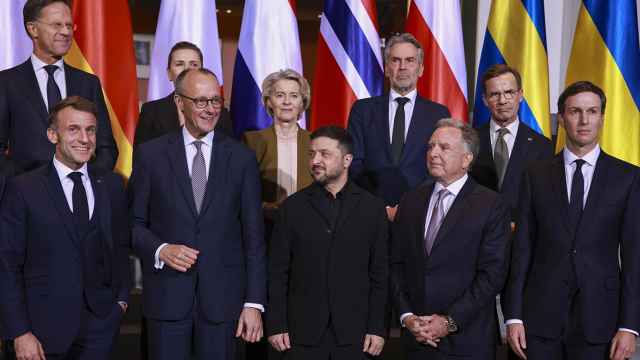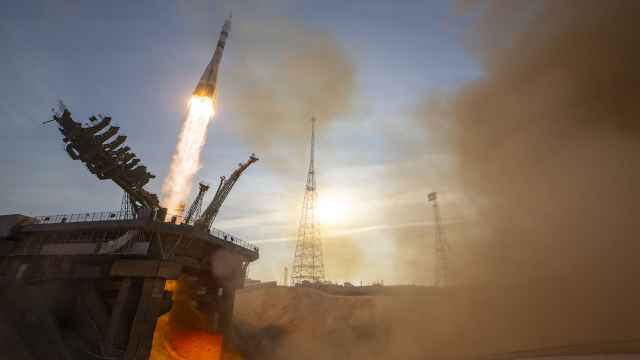Ecologists and residents in Samara are protesting the local authorities' decision to allocate the city's scarce forest lands for 2018 World Cup construction.
Samara is one of the 11 Russian cities chosen to host the international tournament, and FIFA officials recommended that 27 hectares of land be used to build the necessary infrastructure for the event. Samara's regional authorities, however, have tendered contracts foreseeing the utilization of more than 30 times that amount of space on the state purchasing website.
Ecologists have warned that the 930 hectares designated for championship-related projects include the last green zones in Samara, Dubovaya Rosha and Lysaya Gora. Mikhail Kreindlin, director of the protected areas program at Greenpeace Russia, equated the large scope of construction to amputating the city's lungs.
Local residents are especially worried about the possibility that construction will engulf their dacha plots.
Officials held public hearings on June 15, but attendees claimed that they spoke against changes to the city's general plan while afterwards the press reported that people at the meeting were in favor of making of these changes, according to comments on the local portal Samara.ru.
Approximately 700 people came out to protest the construction plans on June 29, according to members of Volya, a small political party that organized the meeting.
In addition to a stadium, authorities are planning to build concert halls, indoor ice rinks, a university town and an innovations center on the designated plots. There have also been reports of plans to build an elite yacht club and floating hotels on one of the embankments — in the same location as the source for 90 percent of Samara's drinking water.
A Message from The Moscow Times:
Dear readers,
We are facing unprecedented challenges. Russia's Prosecutor General's Office has designated The Moscow Times as an "undesirable" organization, criminalizing our work and putting our staff at risk of prosecution. This follows our earlier unjust labeling as a "foreign agent."
These actions are direct attempts to silence independent journalism in Russia. The authorities claim our work "discredits the decisions of the Russian leadership." We see things differently: we strive to provide accurate, unbiased reporting on Russia.
We, the journalists of The Moscow Times, refuse to be silenced. But to continue our work, we need your help.
Your support, no matter how small, makes a world of difference. If you can, please support us monthly starting from just $2. It's quick to set up, and every contribution makes a significant impact.
By supporting The Moscow Times, you're defending open, independent journalism in the face of repression. Thank you for standing with us.
Remind me later.





